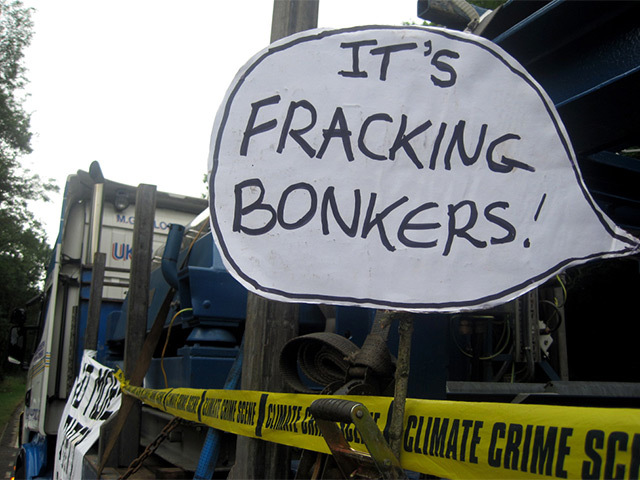
The boss of energy company Cuadrilla has said it has “no intention of ruining the countryside and won’t ruin the countryside” as anti-fracking protesters started a seventh day of action.
Francis Egan insisted hydraulic fracturing, or fracking, was safe and would not pose a threat to the public or people’s drinking water.
He said “significant” amounts of oil and gas could be made available through fracking in the UK, but acknowledged his firm’s activities had been delayed as a result of protests against its exploratory drilling activities in West Sussex.
The company’s plan for Balcombe, which is at the centre of high-profile anti-fracking protests, was for exploratory oil drilling and not fracking, he said.
The sensitivity of the subject was highlighted after former Government energy adviser Lord Howell issued an apology for suggesting the hydraulic fracturing technique could be used in “desolate” north east England without any impact on the surrounding environment.
Reacting to those comments, Mr Egan, chief executive of Cuadrilla, said “I live in the north east of the country, and certainly from where I look it’s not desolate.
“Our decisions are made on environmental assessments and going through a fairly rigorous process with the Environment Agency and the planning authority, and that really dictates where we can and can’t operate.”
The controversial method of fracking involves high pressure liquid being pumped deep underground to split shale rock and release gas supplies.
Although Cuadrilla has said it only plans exploratory oil drilling near Balcombe, campaigners fear the company will go on to frack in the area, leading to potential water contamination and environmental damage.
But Mr Egan tried to soothe public fears. He said: “We’ve no intention of ruining the countryside and we won’t ruin the countryside.” He added that fracking would pose no harm.
“Yes, it is certainly safe,” he said. “What you hear and what you read about is not always what we are actually doing. For example, people say we inject all kinds of chemicals.
“I can assure you that anything that is put into the ground has to go through the Environment Agency and it has to be approved by them.”
He said anything used will be “non-hazardous and will not pose a threat to the public or people’s drinking water”.
The plans around Balcombe have thrust the village into the national spotlight over the issue of fracking.
For the past week, large numbers of police have been deployed to ensure lorries carrying equipment into the testing site are unhindered by protesters.